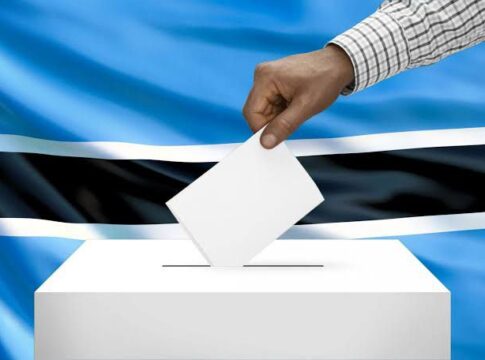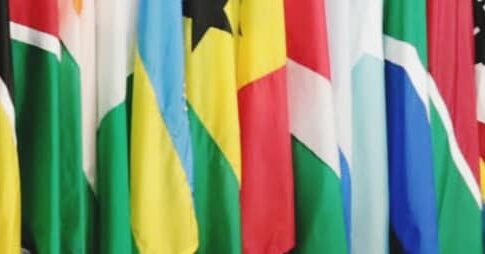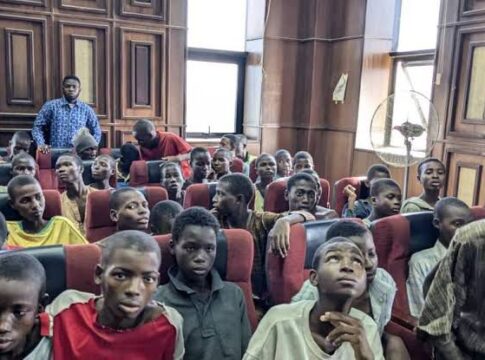Botswana’s ruling Botswana Democratic Party (BDP) has lost power after nearly six decades, as opposition coalition Umbrella for Democratic Change (UDC) secured a parliamentary majority in this week’s elections.
President Mokgweetsi Masisi conceded defeat on Friday, acknowledging a resounding shift in voter sentiment amid rising economic hardships. The historic result positions UDC leader Duma Boko to take the presidency, marking a dramatic change in the southern African nation’s political landscape.
The defeat marks a change driven by a growing demand for socio-economic reforms, especially among Botswana’s younger population. The nation has long relied on diamond exports for revenue, but with a slump in the global diamond market, Botswana’s economic growth has taken a hit.
READ MORE: SSANU, NASU To Commence Strike Today Over Unpaid Salaries
Rising unemployment, which now stands at 28%, has left citizens frustrated and ready for a new direction. “Although I wanted to stay on as your president, I respect the will of the people and congratulate the president-elect,” Masisi said in a humble concession speech, pledging to support the new administration.
Reports show that out of the 61 parliamentary seats, the UDC secured 26 with the BDP trailing far behind at just three seats. Botswana’s constitution mandates that members of parliament elect the president, making the opposition’s parliamentary majority decisive for Boko’s anticipated ascension. Boko, a lawyer and longtime advocate for raising wages and expanding social support, has yet to issue a public statement. However, his campaign promises have ignited hopes for substantial change.
Botswana’s capital, Gaborone, witnessed a rare sight on Friday as opposition supporters celebrated openly. “I never thought I’d see this in my lifetime,” said Mpho Mogorosi, a 23-year-old student, brimming with pride. “The BDP had stayed too long in power, and now we have a chance for a better Botswana.”
The shift mirrors recent developments across southern Africa, with the African National Congress in South Africa also losing its majority after three decades. Political analysts believe Botswana’s election serves as a broader signal. “This should be a wake-up call to ruling parties across southern Africa,” said Zaynab Hoosen, an Africa analyst at Pangea-Risk in an interview. “Without economic progress and employment opportunities, dominance will erode.”
As neighboring Namibia prepares for its upcoming elections, many are left wondering if a similar wave of change could be on the horizon. The Botswana election not only reshapes its own future but potentially signals a new political era for the region.




